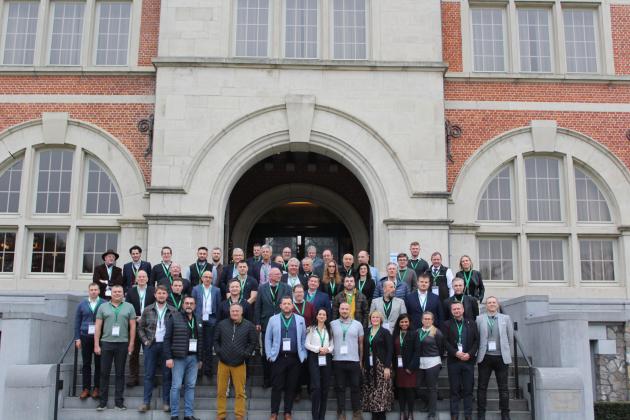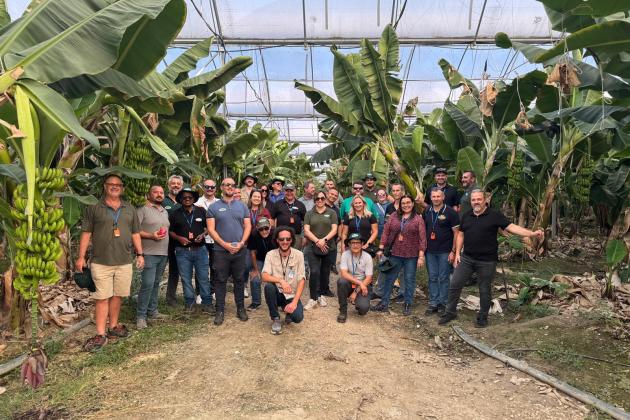
Stone fruits
The most well-known stone fruits are apricot, cherry, plum, peach and nectarine. Peach and nectarine represent the largest production, followed by plums. Peaches originated from China, where manuscripts dating back to 1100 BC mention the production of this fruit. Stone fruit require a cold winter in order to produce fruits. Peaches and nectarines are the least cold demanding and can also be grown in the subtropics.
One of the key elements for the fertilization of stone fruits is to take into account the differences that exist between different types of stone fruit trees that are grown. The objectives will differ for each species although in all cases growers will almost certainly be aiming for good yields of fruits that have good size and color, high levels of sugar and that are sufficiently firm to resist storage and transport. In certain cases earlier ripening can increase market value and hence this may become the principal objective of production.
Fertilizer rates and application timings will have to be adjusted according to the requirements of each species. The requirements for nitrogen, phosphorus, potash, sulfur, calcium and magnesium are unique to each variety and these nutrients should be applied based on the results of soil analysis, nutrient removal and production practices. This is also required in order to adapt fertilizer inputs to nutrients that are already present in the soil. Regular tissue analysis is important to determine the content of various nutrients in the tissue and assist in defining the optimal fertilization program.
Peaches, necatirines, plums, cherries,apricots, … discover all in our detailed crop guide and other available resources
-
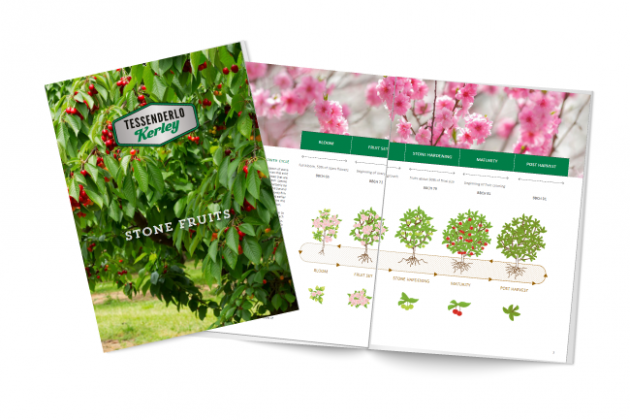
Download the stone fruits guide here:
Read more in this field trial about plums
More news on growing stone fruits -
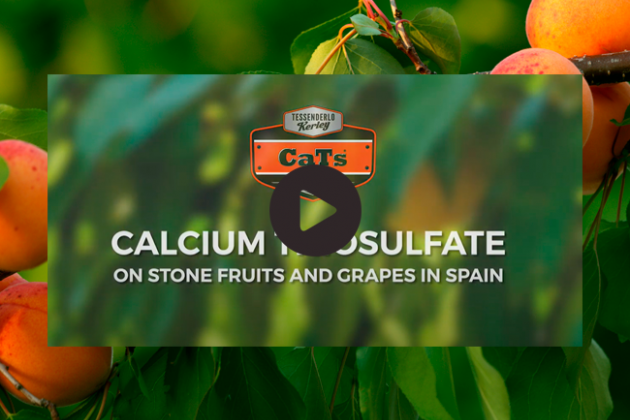
Good size, good consistency and an amazing flavor are the key ingredients for Andrès premium gourmet fruit. Follow him on his journey in his orchard in Spain and find out how he uses CaTs to cultivate these glorious fruits.
Watch our customer story on stone fruits in Spain -
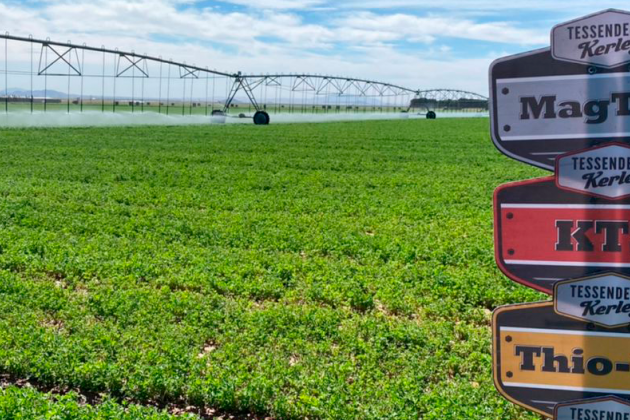
Our broad spectrum of solutions can assist all farmers regardless of crop type, soil type, water usage levels or climatic conditions.
Discover our range of products
Get the answers you need to product information, field trial results, blend testing, application tips and more. Find and contact your local expert in your region.
Contact us